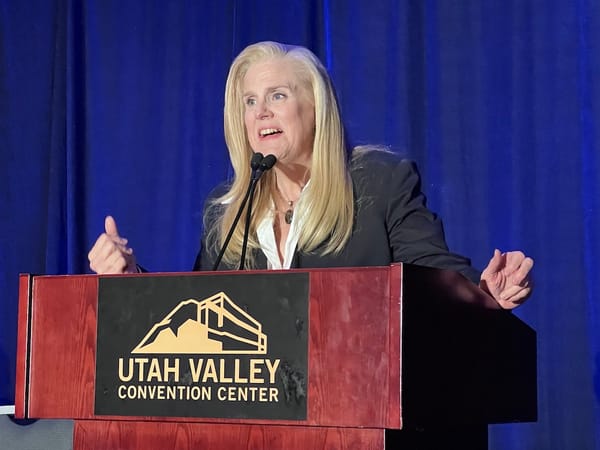
Fiber
Utah Releases Its State Broadband Plan for BEAD Funds, With Middle Mile Prioritization
The state’s unique fiber sharing model makes all the difference for middle mile builds, say Utahns.
Fiber-optic technology is the gold standard for home or commercial broadband, and powers wireless connectivity, too.
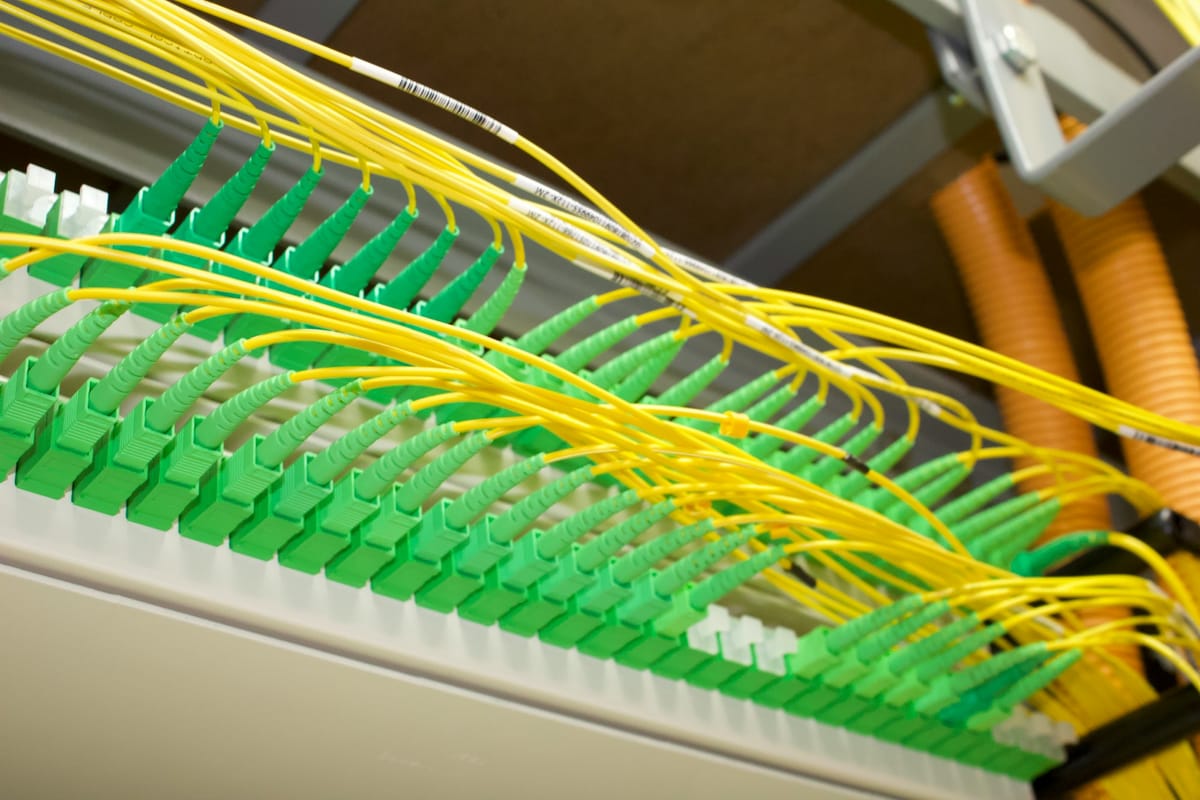

Fiber
The state’s unique fiber sharing model makes all the difference for middle mile builds, say Utahns.
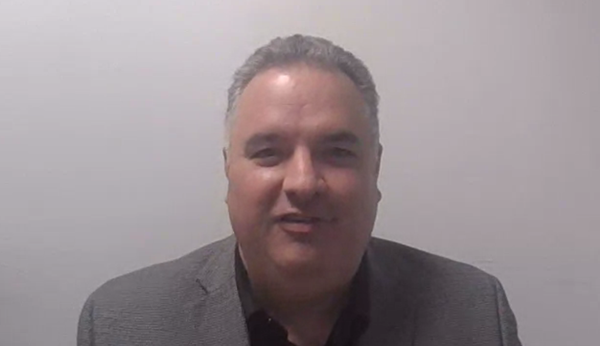
Fiber
25G PONs are ideal to connect customers to 10G or higher speeds, a Nokia rep said.
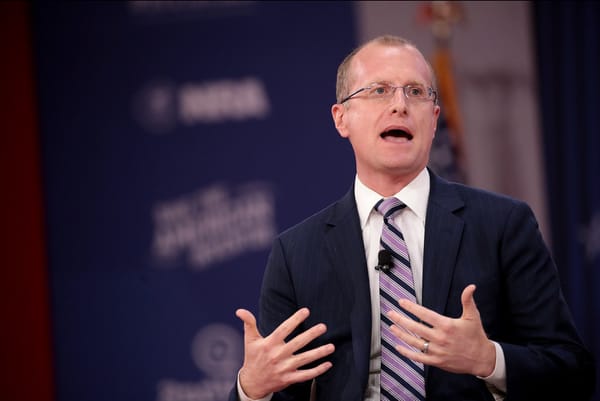
Fiber
The NTIA has acknowledged a clear preference for fiber in its bipartisan infrastructure deployment effort.

Broadband Live
How are fiber technologies evolving to adapt to ever-higher capacity, and how do alternative technologies compare?
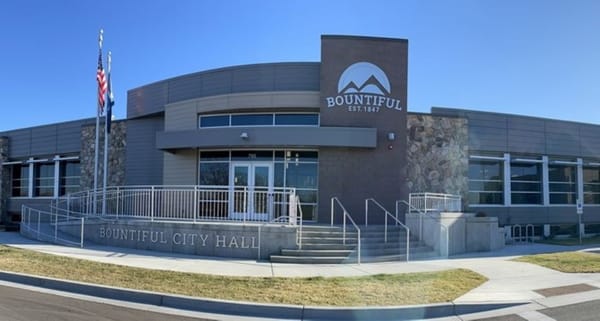
Fiber
UTOPIA continues to expand open access model builds.
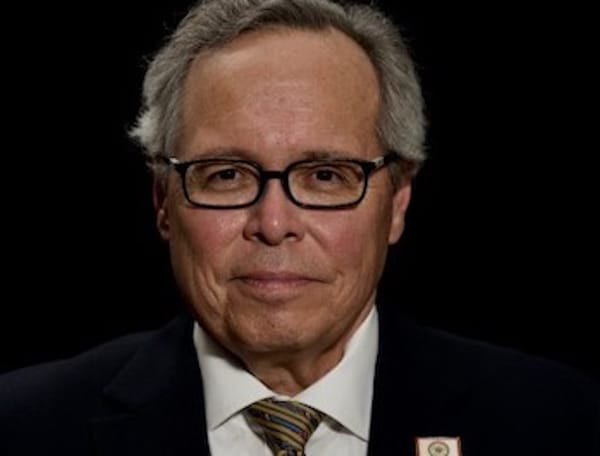
FCC
One Eye was given ‘ample opportunity’ to address robocall traffic, FCC said.
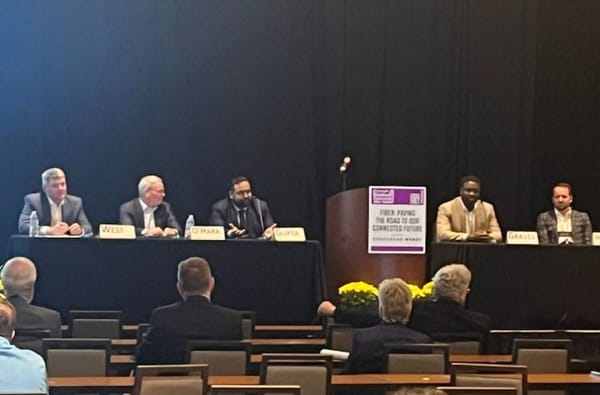
Fiber
County governments can coordinate with ISPs to connect their communities, panel hears.
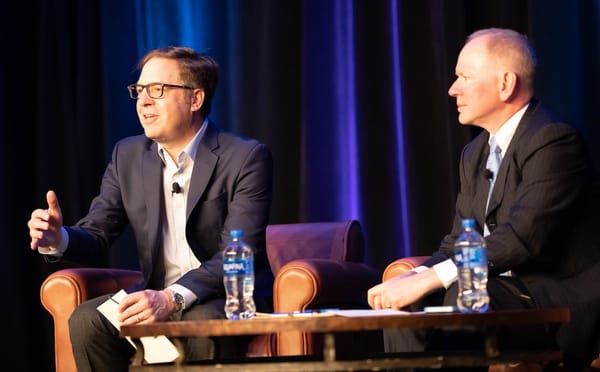
Infrastructure
The middle mile waiver comes ahead of the awarding of grants from the $1B program.

FCC
The FCC continues its push to get more Americans on the Affordable Connectivity Program.

The FCC has been trying to get as many eligible Americans on the ACP as possible through outreach.
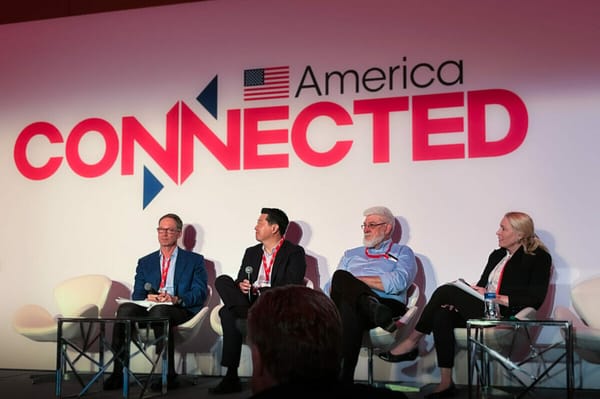
Funding
As providers attempt to expand their fiber footprints, some are turning to open access networks.
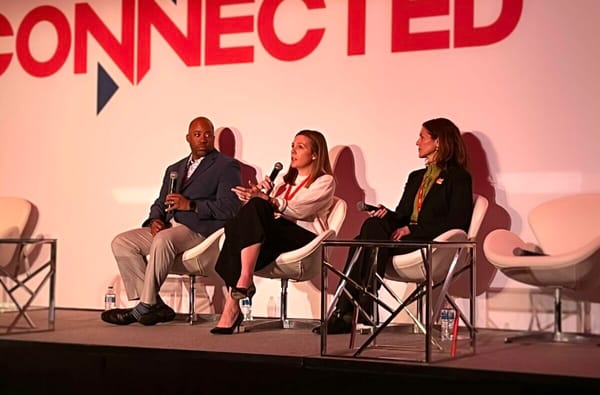
Fiber
Industry leaders agreed that fiber deployment should be prioritized, with other technologies supplementing as needed.
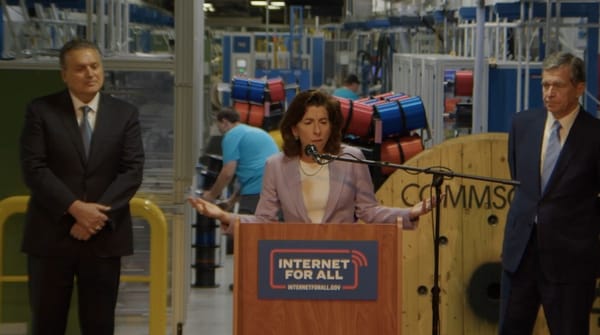
Fiber
Commerce Secretary Raimondo made stops at fiber manufacturing facilities in North Carolina.
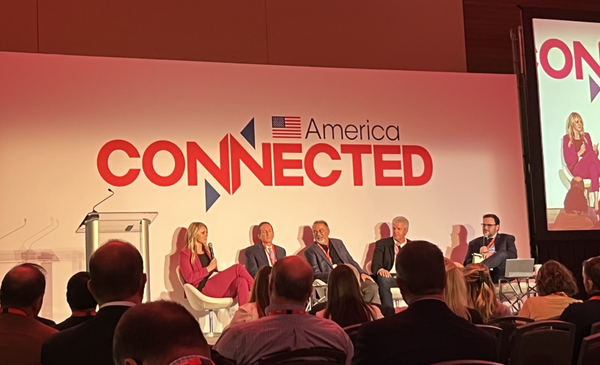
Fiber
Industry experts agreed that reaching each individual consumer is the key to a full-fiber future.
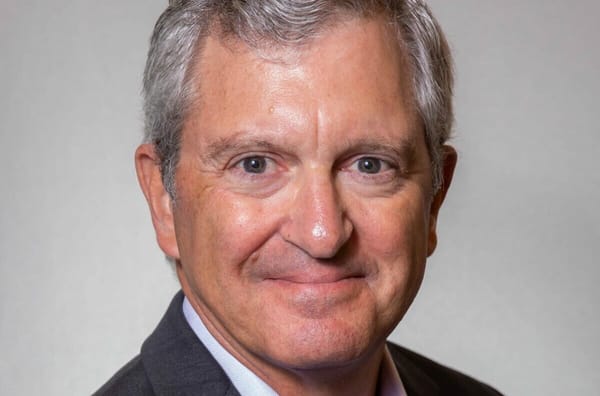
Expert Opinion
Fiber, coax and fixed wireless network plans dependent on BEAD funding demand scrutiny.
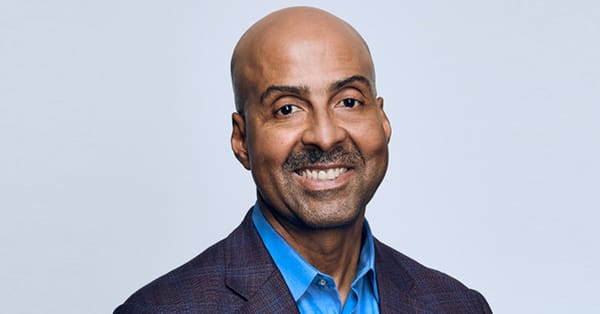
Fiber
The company’s CFO compared fixed wireless to ‘empty calories.’